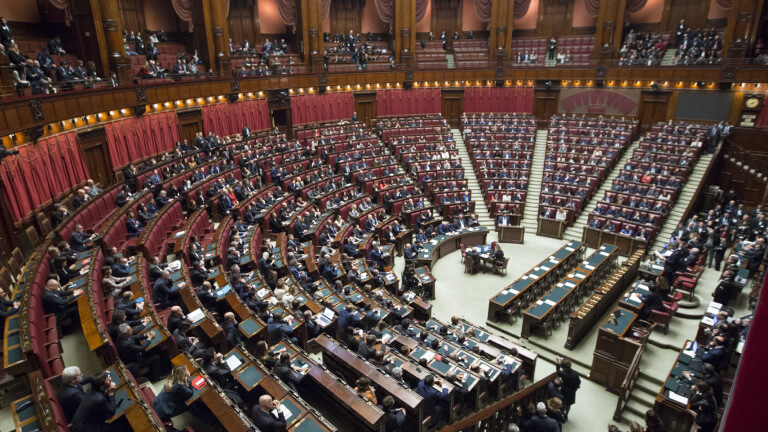Institutions & Governance
Overview
The EGAP Institutions and Governance Group focuses on how formal and informal rules for collective decision-making affect governance, representation, and accountability. These rules empower and constrain different stakeholders by generating incentives and penalties, and by defining who can participate, who has a say, what is learned, what is decided, and what is ultimately implemented.

EGAP Meetings & Policy Events
EGAP hosts an annual membership meeting to provide feedback on research designs related to institutions and governance. In conjunction with each membership meeting, EGAP holds a policy event to bring together researchers with local and regional representatives of government and civil society organizations to present polished research and discuss policy relevance.
What are the factors driving tax formalization in developing countries? Could formalization trigger a chain of effects culminating in an increase in tax compliance? Like tax compliance, a citizen’s decision to formalize his or her relation with the state seems to be the result of a comparison of the expected benefits of formalization to the expected costs. In the case of formalization, however, costs not only include future tax liability but, in many cases, include a costly and complex process. The Taxation Metaketa round seeks to answer these questions by implementing a series of research projects that assess the role of providing information about formalization on citizens’ intent to formalize and citizens’ formalization.
Might natural resource governance improve if communities’ capacity were enhanced to monitor resource use? Might the welfare of natural resource users increase if there is enhanced community monitoring of that resource? Renewable resources are often subject to regulations that affect their use, and that involve representatives of local communities in monitoring their use. The Natural Resource Governance Metaketa round seeks to know whether augmenting the roles, responsibilities, and resources of community-based monitors reduces the quantity of renewable resources that are used and how this affects the welfare of users in the affected communities.
Policy Briefs
Policy briefs are concise summaries of EGAP members’ research evaluations, highlighting the policy relevance of interventions.